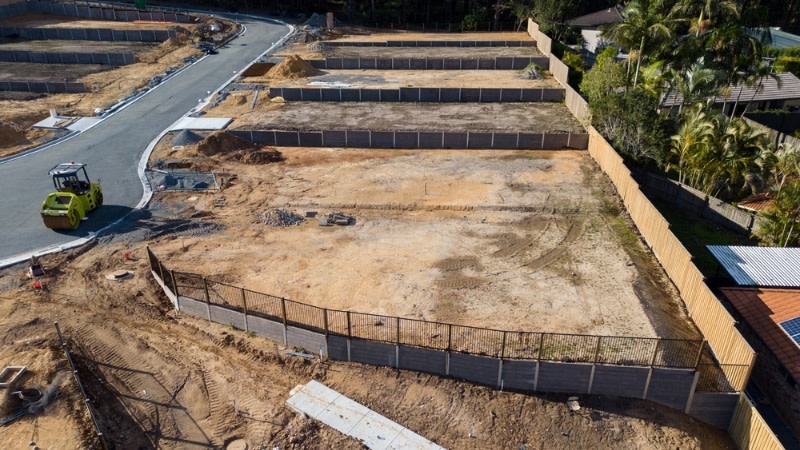Harsh Reality Check as Home Approvals Hit Decade Low

After a sudden, all-too-brief lift in home approvals at the end of last year, the beginning of 2023 has delivered a harsh reality check.
According to the latest data from the ABS, the nation’s approvals for private sector houses have hit their lowest level in more than a decade.
In seasonally adjusted terms, the total number of home approvals fell by 27.6 per cent to 12,065 in January, or 8.4 per cent year-on-year.
The sharp decline follows a 15.3 per cent spike in approvals in December.
Approvals for private sector houses fell by 13.8 per cent to 7560—the fifth consecutive drop and the lowest result recorded since June 2012. As well, private sector homes excluding houses plunged 40.8 per cent, following a 41.9 per cent rise in December.
“This represents the weakest monthly result in over a decade,” BIS Oxford Economics senior economist Maree Kilroy said.
“Nonetheless, it is worth noting that seasonality appears to have increased for January in recent years, resulting in a slower rate of application lodgement and processing.”
Across Australia, total home approvals dropped in NSW (-49.0 per cent), Victoria (-38.6 per cent), Tasmania (-31.7 per cent), WA (-7.9 per cent), and South Australia (-6.5 per cent).
Bucking the overall trend, Queensland recorded an increase (25.6 per cent), driven by 3525 apartment development approvals in January.
Approvals for private sector houses fell across the country in WA (-18.7 per cent), NSW (-17.3 per cent), Queensland (-16.6 per cent), Victoria (-9.9 per cent) and South Australia (-2.8 per cent).

The value of total building approvals decreased 18.6 per cent, following a 1 per cent increase in December. The value of total residential building approvals fell 13.6 per cent, comprising a 15.1 per cent drop in new residential building and a 4 per cent fall in alterations and additions.
The value of non-residential building approved fell 25.6 per cent, following a 1.6 per cent fall in December.
“The near-term outlook for residential building has continued to worsen over recent months,” Kilroy said.
“While there are signs that labour and material supply issues are fading in some areas and that construction cost growth has slowed for houses, both of these challenges will persist for builders over 2023 given how big the backlog of work has become.
“Recent messaging from the RBA points to further interest rate hikes in coming months that will likely push the cash rate above 4 per cent, which will weigh further on demand for new dwellings.”
HIA senior economist Tom Devitt said the latest approval figures reflected that interest rate increases were continuing to weigh on the housing market.
“The last time detached house approvals were at these low levels was also the last time the RBA overshot with increases in the cash rate, which was in June 2012,” he said.
“This will not be the end of the decline in approvals. The adverse impact of last year’s cash rate increases is still to fully flow through to the official data.
“The higher cash rate is compounding the adverse impact of the rising cost of materials, labour and land as well as the increased costs of compliance with the building code.
“There remains a large volume of work underway on the ground that will be completed in 2023 and this will keep unemployment in the national economy exceptionally low until early 2024.
“If the RBA continues to raise rates, they do risk a longer and deeper slowdown in economic growth than is necessary in this cycle.”
















